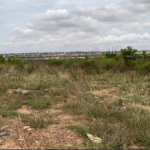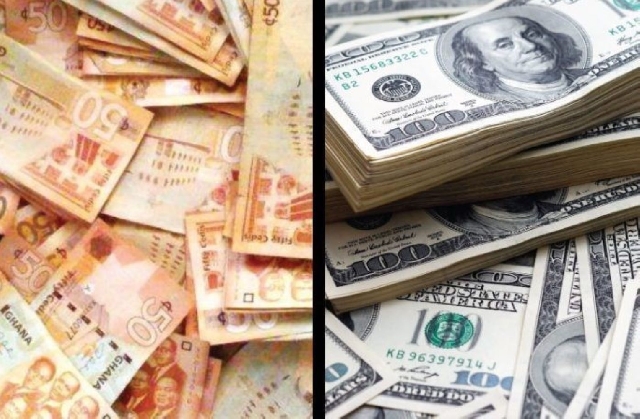The government had few options but “radical measures” to crush Ponzi Schemes that were becoming rife in the country, President Nana Akufo-Addo has revealed.
The President noted that the fraudulent schemes once one of the numerous reasons for the banking sector clean-up undertaken by the central bank, which cost the public purse GH¢21 billion.
In his final moments of accountability in the last State of the Nation Address on his first four years in office, President Nana Akufo-Addo pointed out that, “Many of the finance houses were running what can only be called glorified Ponzi schemes, and had lured many depositors into these schemes”.
The President outlined the financial sector clean-up as “probably, the most difficult problem the government met on coming into office”.
He stressed many of the banks were in distress and had been kept on unsustainable and artificial life support by the Bank of Ghana (BoG).
“The supervisory agencies were, unfortunately, not performing their duties, and the governance and management structures of many the banks were clearly not adequate,” he noted. “We were in a desperate situation, and urgent, radical measures had to be taken to prevent the collapse of the entire financial and banking sector”.
Mr Akufo-Addo is of the belief that many people got attracted to the unsustainable high-interest rates that some of these financial houses were offering.
“In all financial dealings, we have to accept what the experts tell us that, whenever whatever on offer sounds too good to be true, it invariably ends up being untrue and unsustainable,” he advised.
He assured that government was “committed to paying all validated claims, and I expect the process to be completed soon after the courts grant the liquidation orders for the remaining failed fund management companies”.
What are Ponzi Schemes?
According to Investopedia, a Ponzi scheme is a fraudulent investing scam promising high rates of return with little risk to investors. A Ponzi scheme generates returns for earlier investors with money taken from later investors. This is similar to a pyramid scheme in that both are based on using new investors’ funds to pay the earlier backers.
Both Ponzi schemes and pyramid schemes collapse when the flood of new investors dries up and there isn’t enough money to go around.
Examples of investments in Ghana described as Ponzi include R5 and Pyram which were rolled out in 1995 when hundreds of customers lost their investments to these two unlicensed deposit-taking companies.
Most recently, the government has to bail out customers of DKM and God is Love after Ponzi schemes that ran in 2015 and 2016.
The financial sector clean-up
Mr Akufo-Addo said the Bank of Ghana, under new leadership, intervened, and had restored sanity to the sector, and, in the process, saved the banks involved and 4.6 million depositors’ funds.
“This exercise has enabled a more robust financial and banking services sector to emerge, the better to finance the rapid development of our nation”.
The clean-up exercise which was undertaken between 2017 and 2019, significantly slashed the number of financial institutions in Ghana.
It included raising the minimum capital requirement of banks to GHC 400million from GHC 120million.
At the end of the exercise, 11 banks ceased to be in operation with some losing their licences due to infractions. Others formed mergers or folded up due to their inability to catch up with the new requirements.
This reduced the number of universal banks in Ghana to 23, representing a 32% decline from the 34 banks that operated prior to the new banking regime.
Next was the revocation of the licences of 347 insolvent microfinance companies and finance houses. effective May 31, 2019.
A statement issued by BoG said these actions were taken pursuant to section 123 (1) of the Banks and Specialised Deposit-Taking Institutions Act, 2016 (Act 930), which requires the BoG to revoke the licences of a bank or Specialised Deposit-taking Institution (SDI), when it determines that the institution is insolvent or is likely to become insolvent within the next 60 days.
The Securities and Exchange Commission (SEC), mandated to regulate the investment companies took over from where the BoG left off.
Acting in accordance with Section 122 (2) (b) of the Securities Industry Act (SIA), 2016 (Act 929), SEC revoked the licences of 53 Fund Management Companies (FNCs) on November 8, 2019, as part of the general financial sector clean-up.
The government has rolled out a bailout package for persons whose investments were locked up.
















